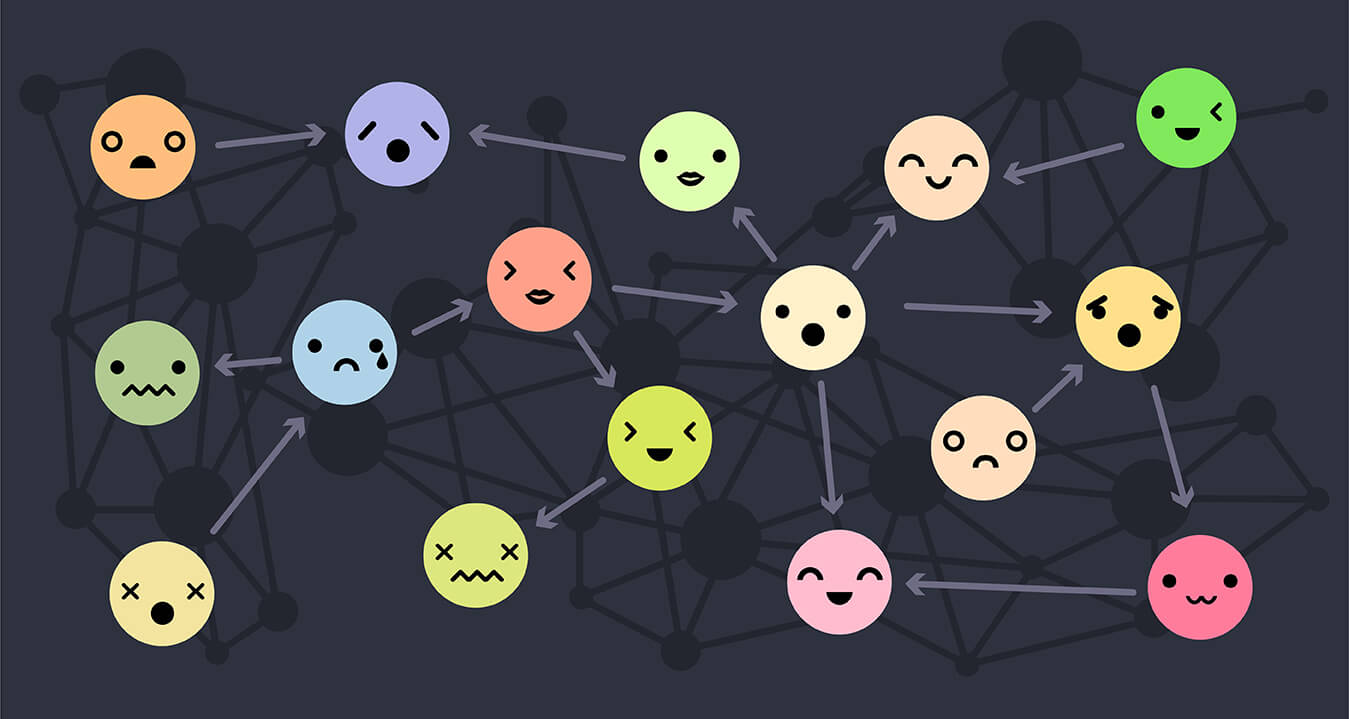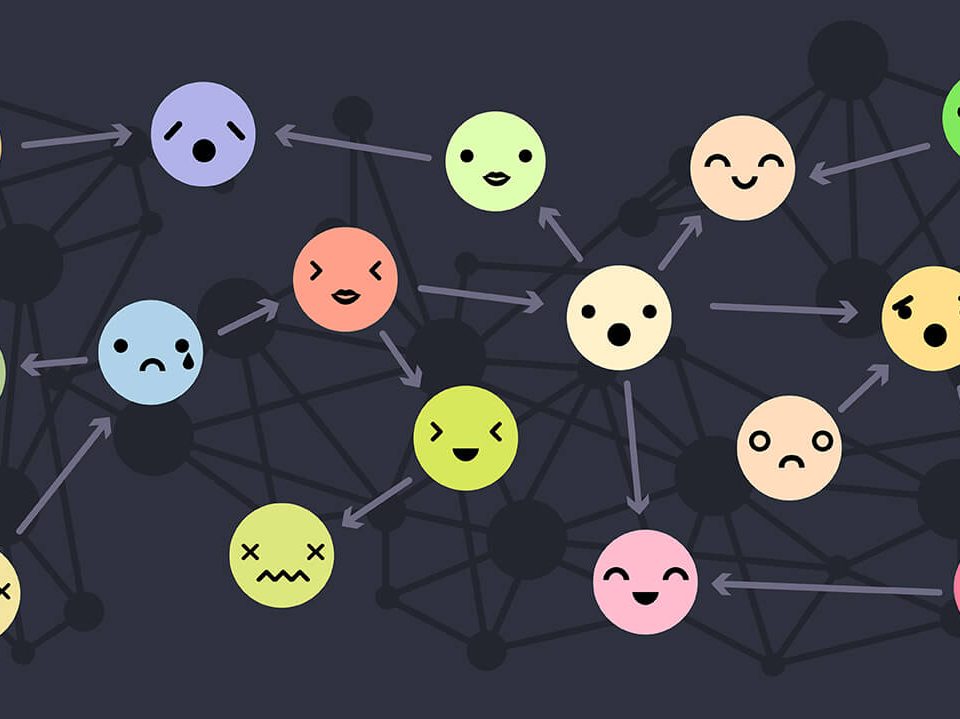
Not Your Average Team Anymore
November 9, 2020
Group/Team Dynamics
November 9, 2020“You can add up the parts
But you won’t have the sum”
Anthem #1 Leonard Cohen
John Whittington in his book Systemic Coaching & Constellations; the principles, practices and application for individual teams and groups, offers us an interesting way to look at our teams through three organizing principles; Time, Exchange and Place. He calls these the hidden forces in systems that creates invisible fields of influence over everything in their path.
The invitation here is to look at these hidden forces in systems and observe behaviours that are driven by the unconscious attempt to balance them. Looking at your team through their connections at various levels and through various perspectives helps achieve a better understanding of the complexity of the team.
Here are a couple of ways to become aware of these organizing principles and how they work in your team and organization.
Time is defined as, ‘What comes first has a natural precedence over what follows’ according to Whittington’s model. It might be interesting to look at your team through this principle and reflect on how it plays out. Look at new members in the team and those who have recently been promoted within the team, how this organizing principle appears to balance the system. Example: Are you aware of the impact on the team of a recent promotion of one of the member’s being made manager of the team? Are you aware of how the new manager’s peers perceive this move? Does a manager who has been in that position longer view this differently than a manager who is new to this position? How does this affect the team’s influence on the organization’s goal?
Place is defined as, ‘Everyone and everything has a right to a different but unique and respected place in the team’ according to Whittington’s model. This can show up in a team and/or organization by who is in and who is out and the need of individuals to belong. What is the impact of place within your team and/or organization? What is your team’s unique and respected place in your organization? Example: Using the above example of when the team member is promoted to manager what are the dynamics of place in the team, can you see the team shifting to adjust to this change? How are they shifting?
Exchange is defined as, ‘A dynamic balance of giving and receiving required in systems’ according to Whittington’s model. How does this principle play out at an individual level? What do team members give and receive as part of the team, not just about money, but more importantly acknowledgement and feedback. What is the exchange in your organization between the organization and its customers and stakeholders?




